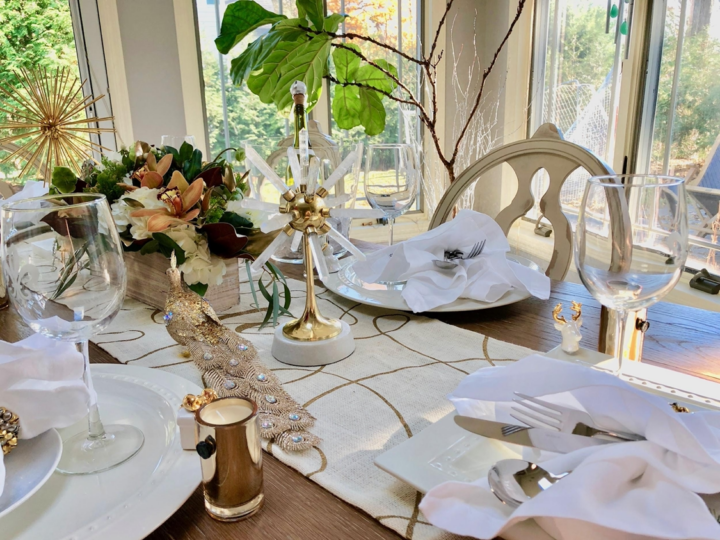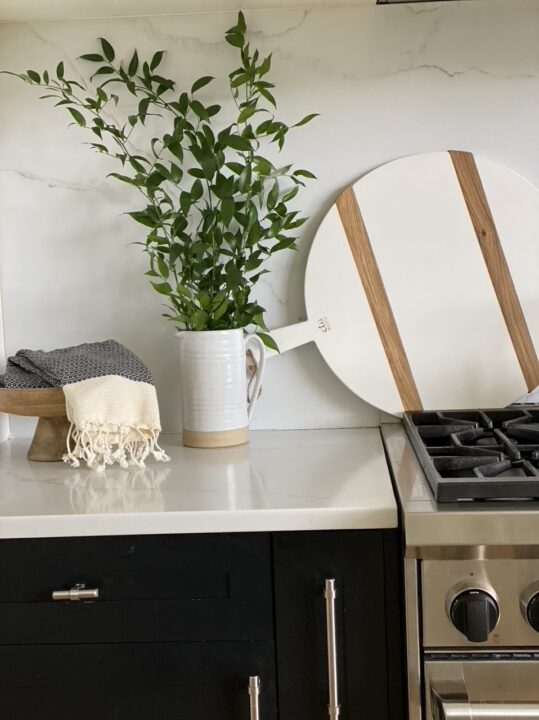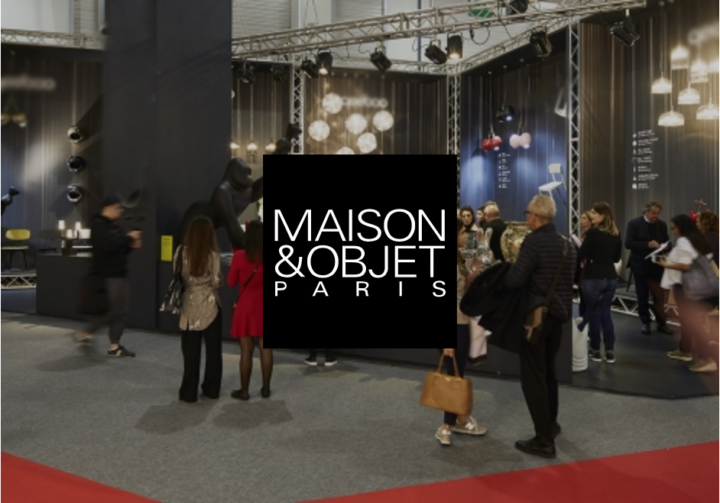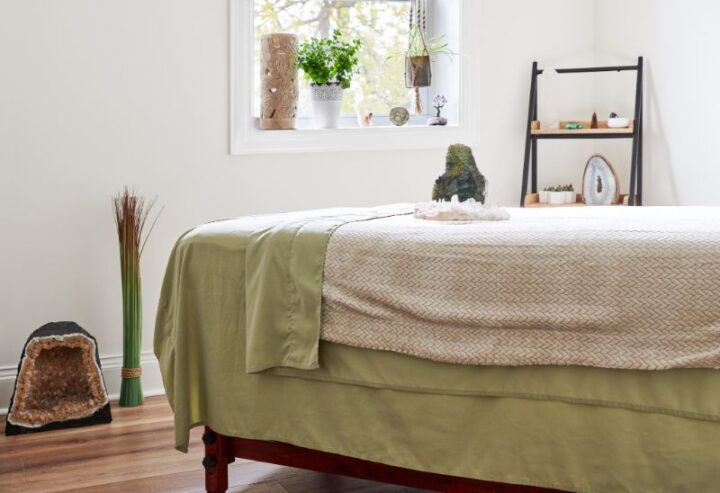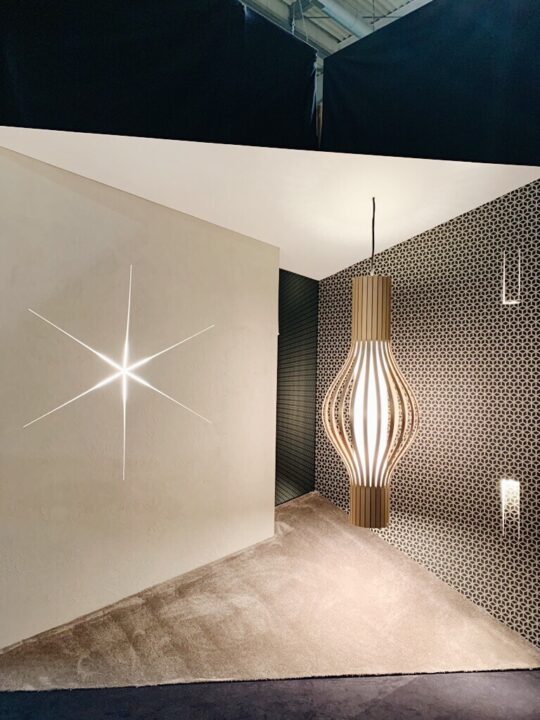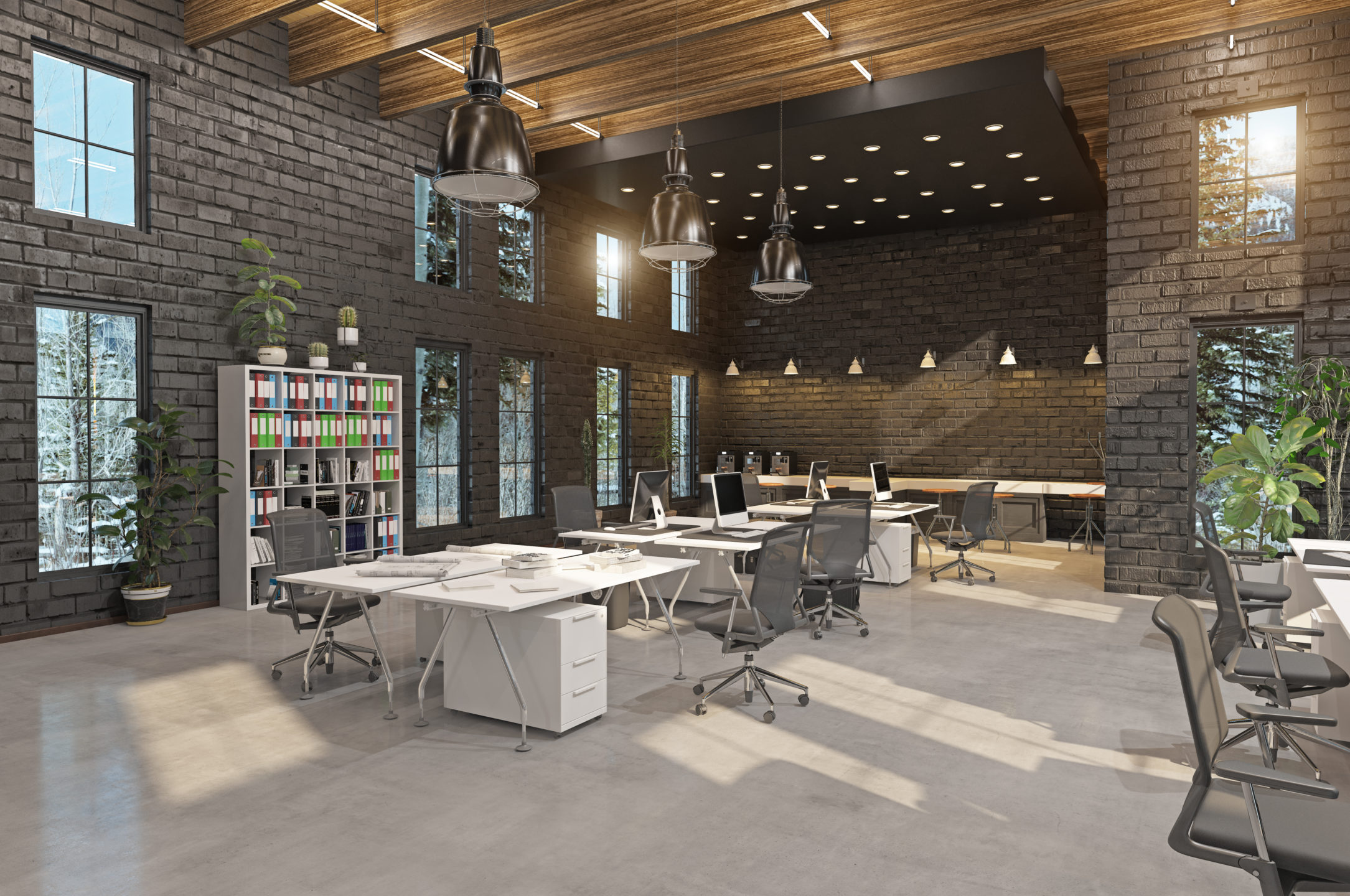
Feng shui is the traditional Chinese practice of arranging objects to achieve harmony in ones’ surrounding environment. Roughly translated to English, feng shui means wind-water, and refers to the art of using natural energy forces to optimize energy flow. Not only is feng shui used in interior design, some people actually use the principles of feng shui when choosing a place to live and in agricultural planning. It is strongly believed that this practice has a positive effect on personal relationships, health and wealth, which is why feng shui office design is so very important.
Early feng shui design relied on astronomy to find the symmetry between humans and the universe. The early Chinese often used the celestial poles determined by the pole stars to determine the north and south. feng shui instruments dating back to 278 and 209 BC have been unearthed from tombs.
Feng Shui Office Design Utilizes Areas of Positive Qi to Influence the Energy of the Space
Qi, pronounced chee, literally means air, and in feng shui office design, qi is the flow of energy that may be based on a form of solar energy. Areas with positive qi are determined by an axis in time. Feng shui also teaches that, due to negative qi, some areas are not suitable for human settlement and should be left in their natural state.
Polarity in feng shui, known as Ying and Yang, is the absolute balance between two entities. It is the good and the bad, the living and the dead, and is one of the key principles behind feng shui office design. As practiced today, the goal of feng shui office design is to situate the human-designed environment on an area with good qi, allowing opulent energy to flow.
When you take the time to answer some basic feng shui office design questions, you can easily address and adjust the qi in your office or workspace to increase energy and invite abundance.
Here are just a few questions you can think through on your own:
What is happening behind you while you work?
What is the quality of the air you’re breathing?
What is the first thing seen when entering the office space?
What about the quality of the light—is it natural or artificial?
In feng shui office design you must consider whether your back is to the door, window, or the overall office traffic. If it is, your energy will tend to get weak and will leave you feeling insecure. You will want to make adjustments to create strong feng shui backing. This can be done in numerous ways, from placing a row of lush plants behind your seating area to repositioning your office chair so you have the wall at your back.
It is best in feng shui office design to be aware of the quality of the air in your space and do your best to improve it. Research studies have shown that indoor pollution is far worse than outdoor pollution. You will want to decorate your office with indoor plants to naturally filter the air and bring life.
You will want to nourish your energy at work with high energy images or objects. Office appropriate art or knick-knacks and mementos that stir happy, uplifting memories in you can be extremely helpful in achieving positive qi. This is a must for any feng shui office design, be it big or small, as one’s personal energy can get quickly depleted at the office. Just make sure to keep these items in your eye line, but, ideally, on walls or shelves.
Pay close attention to the light that surrounds you. Soft, calming light or natural light can soothe the senses, leaving room for appropriate bursts of energy. Strong, bright, light can overstimulate, leaving you feeling drained.
Bonus tip: Clearing your desk clutter is an essential feng shui office design principle. While this does not mean you have to go 100% Zen with nothing on your desk, it does mean you should only have out the items that you are working on that day. Let your desk breathe. As we all know a cluttered space creates a cluttered mind, and feng shui office design is about encouraging a clear mind and creating pathways for wealth to flow.
